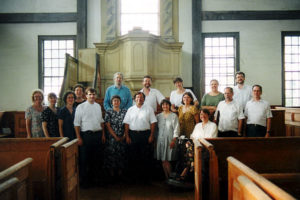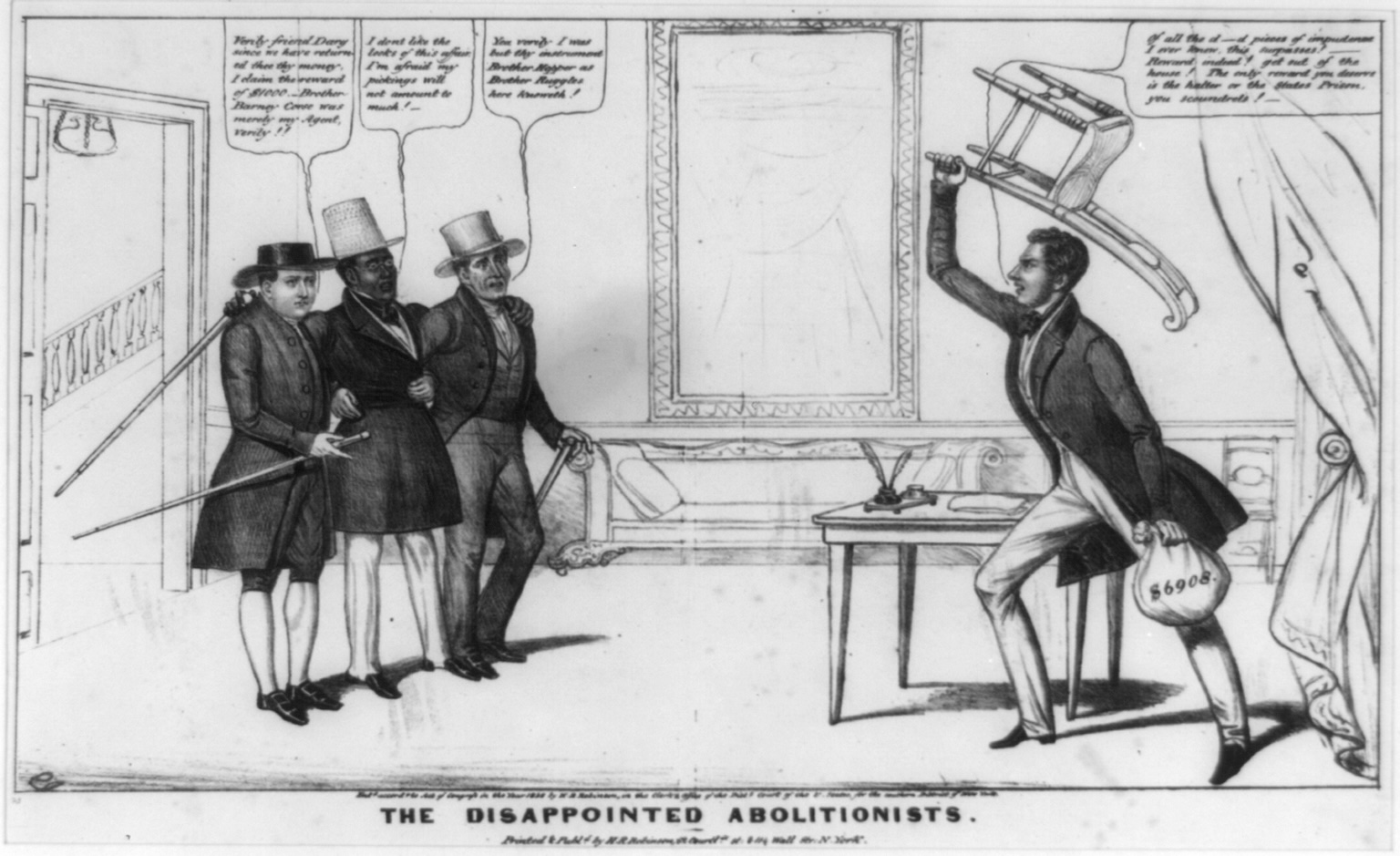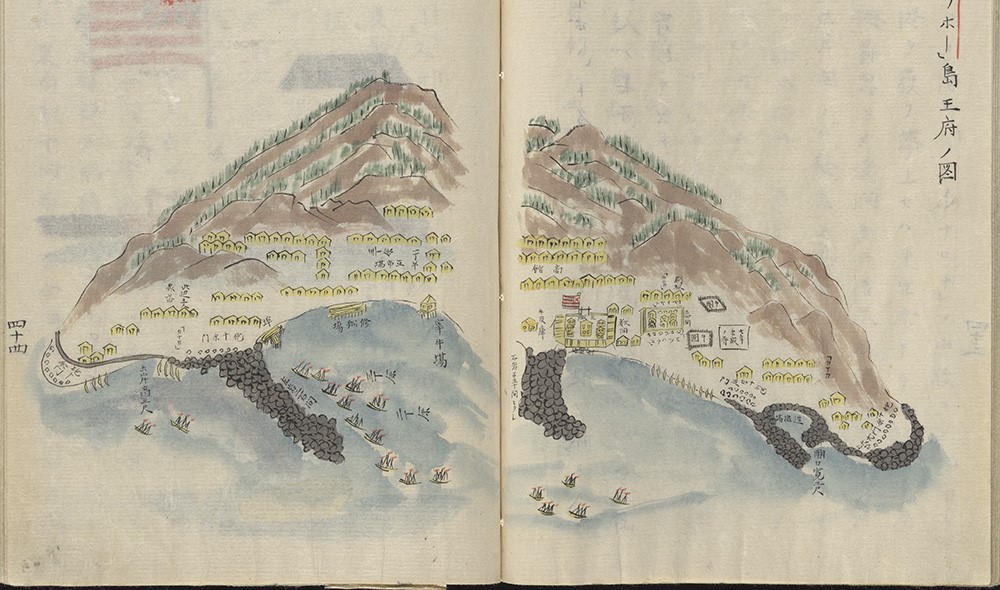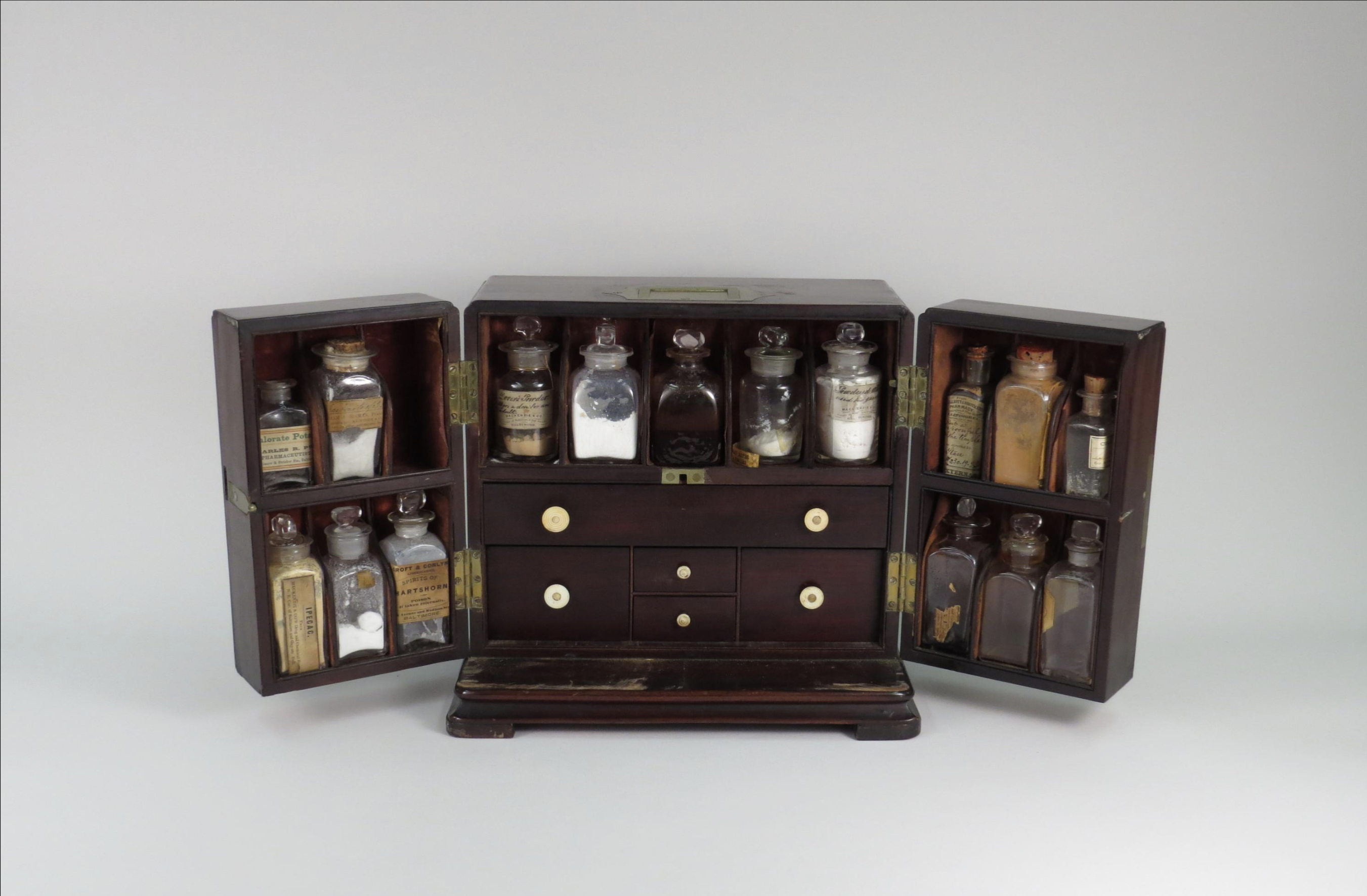Norumbega Harmony is a choral ensemble organized at Wellesley College in 1976. Since the beginning we have sung weekly in the traditional manner from The Sacred Harp (1844), the classic Southern singing school tune collection, but we are primarily dedicated to the preservation, promotion, and performance of New England psalmody from the colonial and early American periods. Our repertory consists of unaccompanied psalm and hymn tunes, fuging tunes, set pieces, and anthems in three and four parts. The lyrics come principally from the English Evangelical poets Isaac Watts and Charles Wesley and their imitators.
This music was composed between 1770 and 1820 by itinerant singing masters who were hired by New England parishes and towns to teach music theory, vocal production, and basic psalmody repertory. These masters, including William Billings, Jacob French, Timothy Swan, Daniel Read, Abraham Wood, Supply Belcher, and Daniel Belknap, wrote hundreds of original compositions and published dozens of tune books. We have researched, edited, and published many rare works by them in The Norumbega Harmony: Historic and Contemporary Hymn Tunes and Anthems from the New England Singing School Tradition (2003) and recorded a selection of them in Sweet Seraphic Fire: Singing School Music from The Norumbega Harmony from New World Records.
Our approach to this music is collaborative. As singing master I have ideas about the sound and sense of a tune from the period grounded in my experience of Sacred Harp singing and my study of period tune books and sacred poetry. But Norumbega’s members also contribute fundamentally to the final shape of our interpretations. We encourage every singer to lead at our singings and to learn as much as possible about the singing school’s music, history, and religious significance. When we learn a new tune, we sing it for weeks in the hollow square with different leaders. Eventually the work flowers into a synthesis of tempo, phrasing, vocalism, stylistic interpretation, and textual understanding that we all recognize and own. Then, and only then, will we perform it at selected venues—churches, libraries, colleges, and universities—where we can teach about the tradition’s history as well as present its music.
We are especially pleased to sing in historically appropriate venues, which are abundant in our region. Period churches with galleries are especially valuable, since early New England choirs and musical societies supported congregational singing and performed anthems from the elevated position that galleries provided. The acoustics of these churches also match the compositions we sing, sometimes creating extraordinary effects for our audiences. But we do not appear in period costume. In my opinion, such costuming increases the performative distance between singers and hearers instead of mediating it. Our goal is to bring our audiences into the musical, emotive, intellectual, and spiritual world of colonial and early American religious culture to which this music gives quintessential expression. We want them to hear it, understand it, and feel it. Looking like John and Abigail Adams does not further that project.
Sound files:
“New Canaan,” fuging tune in D, Oliver Holden, The Union Harmony (Boston, 1793). Text: “The Lord Jehovah Reigns,” Isaac Watts, The Psalms of David (London, 1719), Psalm 93. Track taken from Sweet Seraphic Fire: New England Singing-School Music from The Norumbega Harmony, Norumbega Harmony, Stephen Marini, singing master (New World Records 80640-2: Recorded Anthology of American Music). Courtesy of Norumbega Harmony, Inc.
“Maryland,” fuging tune in A, William Billings, The Singing Master’s Assistant (Boston, 1778). Text: “And must this body die,” Isaac Watts, Hymns and Spiritual Songs (London, 1709). Track taken from Sweet Seraphic Fire: New England Singing-School Music from The Norumbega Harmony, Norumbega Harmony, Stephen Marini, Singing Master (New World Records 80640-2: Recorded Anthology of American Music). Courtesy of Norumbega Harmony, Inc.
“Happiness,” anthem in A, Jacob French, The Psalmodist’s Companion (Worcester, Mass., 1793). Text: “Sing, O daughter of Zion!” Zephaniah 3:14-15. Track taken from Sweet Seraphic Fire: New England Singing-School Music from The Norumbega Harmony, Norumbega Harmony, Stephen Marini, Singing Master (New World Records 80640-2: Recorded Anthology of American Music). Courtesy of Norumbega Harmony, Inc.
“Buckfield,” fuging tune in C, Abraham Maxim, The Oriental Harmony (Exeter, N.H., 1802). Text: “When strangers stand and hear me tell,” Isaac Watts, Hymns and Spiritual Songs (London, 1709). Track taken from Sweet Seraphic Fire: New England Singing-School Music from The Norumbega Harmony, Norumbega Harmony, Stephen Marini, Singing Master (New World Records 80640-2: Recorded Anthology of American Music). Courtesy of Norumbega Harmony, Inc.
This article originally appeared in issue 13.2 (Winter, 2013).
Stephen A. Marini is singing master of Norumbega Harmony. He is the Elisabeth Luce Moore Professor of Christian Studies and professor of American religion and ethics at Wellesley College.




















